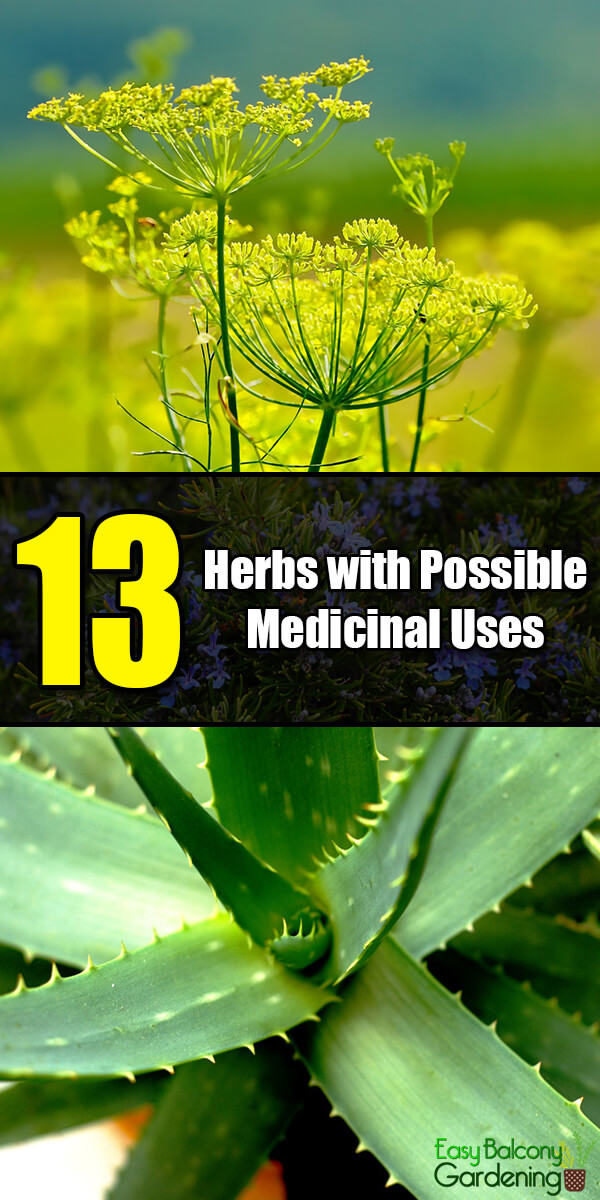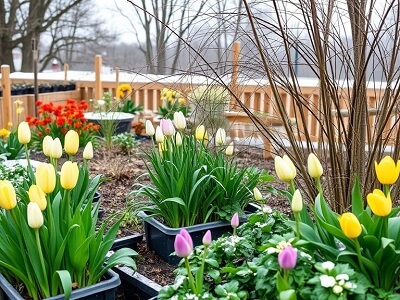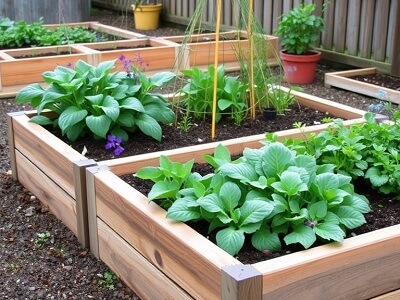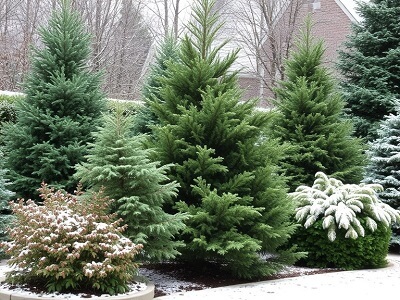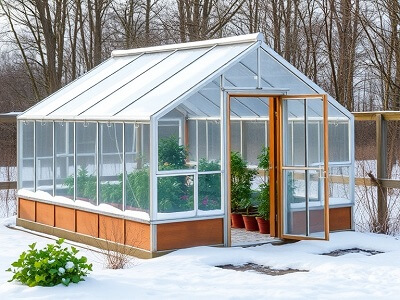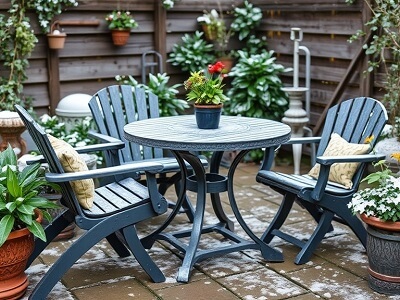Many people cultivate medicinal herbs. Actually, you can grow all kinds of herbs almost anywhere you have a sunny spot. If you want to grow herbs, whether for ornamental, medicinal, or culinary purposes, start looking for sunny places. For indoor planting of herbs, windowsills facing east are great.
Disclaimer on Medical Herbs
It is not the purpose of this page on medicinal herbs to offer medical advice. Consult with professional healthcare providers before using any herbs for some of your disorders, especially if you are on prescription medications.
Fennel
- Although many people use fennel as a medicinal herb for the purpose of calming digestion and soothing stomach muscles, fennel has other applications
- The cultivated Florence fennel can be consumed either raw or cooked. Finely chopped fennel leaves can be used as garnish for sauces and puddings.
- This medicinal herb fennel can also be employed for the purpose of repelling fleas and white flies.
- Companion plants are garlic and yarrow.
- If you are growing this medicinal herb fennel in containers and the weather is hot, feed it monthly with liquid fertilizer.
- Lactating mothers should avoid using fennel as an herbal tea.
- Fennel is a self-renewing medicinal herb that grows best in dry, rocky soil, with lots of sunlight.
Aloe Vera
- Many people grow the medicinal herb aloe vera for the purpose of healing burns. To use, break off a spear and liberally spread the gel inside the spear on the wound.
- Aloe vera is also grown for the purpose of aiding skin problems such as eczema, and is used as an ingredient in many commercial skin products.
- This medicinal herb aloe vera has thick, fleshy leaves.
- Aloe vera requires very little water and virtually no maintenance. It grows best by planting a starter.
- To grow aloe vera in containers, the drainage holes should be adequate. Periodically check that the drainage holes are not clogged.
- Until you can gauge correctly, feel the soil around this medicinal herb and make sure it is completely dry between irrigations.
Lavender
- Lavender, from the mint family, has aromatic light purplish flowers that abound in nectar that bees love
- Lavender germinates slowly. It is best to buy a starter.
- Many people grow lavender, a well-known medicinal herb for the purpose of relieving insomnia. Its scent has been reported to aid in faster and better sleep quality.You likewise can sprinkle lavender in a warm bath just before bed.
- The oil of lavender is likewise used as an antiseptic and as an anti-inflammatory.
- Lavender, although a medicinal herb, can be used for the purpose of making flower arrangements and for potpourri
- When the flowers bloom, cut off a few branches, dry, and then place in your pillowcase for optimal aromatic benefits.
- You can store the dried lavender flowers in a sealed cloth bag and place it among your clothes. Not only will it fill your clothes with fresh fragrance, lavender can also serve the purpose of repelling moths.
Other Medicinal Herbs
The following are some other medicinal herbs that have been reported for the purpose of aiding specific ailments. As with the above examples, remember to Include professional medical advice when purposing to map a healthcare strategy for your family.
- Bee balm – used for headache, antiseptic, menstrual pain, insomnia
- Chamomille – anti-inflammatory, antiseptic, antibacterial
- Dandelions – fights bacteria, eczema, acne, chronic joint complaints, wart removal
- Ginger – nausea, aching muscles
- Marshmallow root – sore throat
- Oolong – expectorant
- Rosemary – used as memory booster
- Sassafrass – kidney and liver ailments, rheumatism, blood purifier
- Spearmint –energy booster
- Violets – used for congestion, coughing, sore throat, headache, sedative (externally), swelling, irritations
A Repeated Caution
- Before you use any medicinal herbs for your ailments, research them first and seek professional advice when necessary
- Especially, be careful with dosing. Like prescription drugs, excessive doses of medicinal herbs can be extremely harmful.




